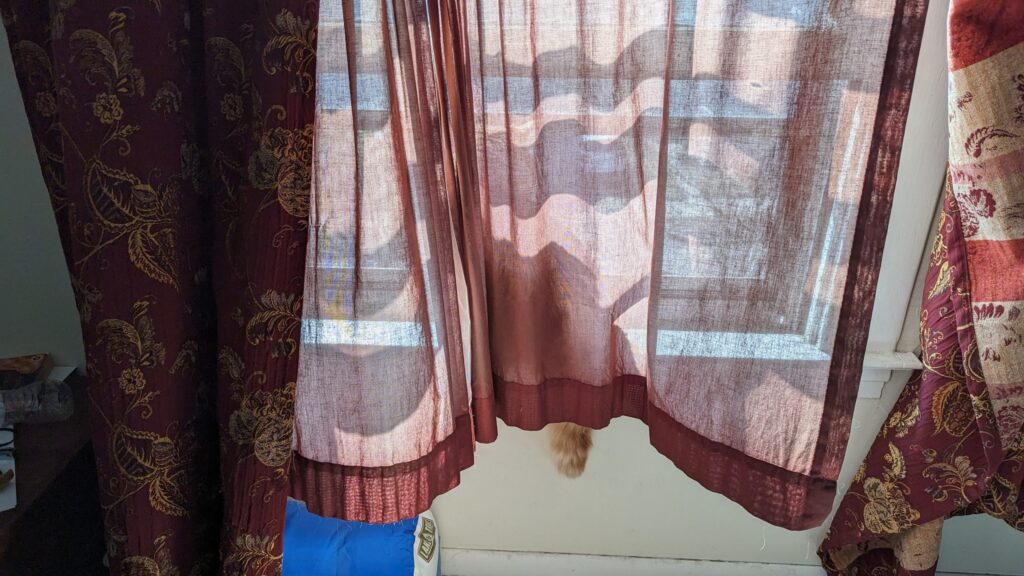
February sprinted as much as January dragged. Now here in March maybe we can settle down into something resembling a predicable routine.
The Insecure Writer’s Support Group question for March 2024 is: Have you “played” with AI [sic] to write those nasty synopses, or do you refuse to go that route? How do you feel about AI’s [sic] impact on creative writing?
First, the answer to the first question: I haven’t written a synopsis in a very long time, and in the event I write another I will do it myself. I suppose one of the LLMs (e.g. ChatGPT) could be used (if not necessarily useful) but given the time I would undoubtedly need to spend fine-tuning the output, I might as well write the thing myself.
Now on to the second question.
In every case where the (creative, not business-related) output of an LLM has been compared to “real” writing, the output is inferior to text written by a human, unless the original text was also…not that great. Since the output of an LLM is not writing, as such, I will focus on the reaction of writers and the craft of writing, rather than the impact on the culture of creative writing.
As I stated in an earlier IWSG post, the biggest issue is the flooding of markets with the output of LLMs which (in an analog to Gresham’s Law), will inevitably drown out the work produced by real people. And if these machine-produced texts aren’t as good as that which can be produced by a human, that won’t matter to readers who settle for “good enough” when looking for reading material. And, frankly, that’s the majority of readers.
So the current, ongoing, and inevitable flooding of the marketplace with LLM-generated texts will have two major consequences.
First, writers will need to continually improve their craft in order to produce work which is notably more accomplished than that created by algorithms.
And second, the percentage of works which are human-created and genuinely good will continue to dwindle (even if their actual numbers increase) simply because LLMs can produce texts much (!) faster than humans can, and statistically, the number of genuinely good works produced by LLMs will increase (even as, again, the percentage decreases, as the artificial output continues to flood the marketplace), which puts additional pressure on human writers to (a) improve their skills, (b) increase their output, (c) make their writing voice uniquely their own, and (d) spend more time marketing themselves and their works in order to distinguish themselves from the mountain of scratchings extruded by stochastic parrots.
So the effect on creative writing will be that generated writing drowns out creative writing. Readers will be less able – to the extent that it matters to them – to distinguish between text which was written and text which was generated.
There are few easy ways to counter this trend. Such is the world we live in.
For authors the easiest is probably to create, build, and maintain real-world connections with other real people. Establish and strengthen your bona-fides by proving that you are a real person, and by interacting with other real people – readers, editors, publishers, fans, all of them. And this means having a presence outside of social media (which on the major platforms at this point is well over 50% bots and spam accounts). Even a personal blog is a big step in the right direction.
That’s the one thing LLMs, neural nets, and the other technologies can’t do: Impersonate us in the real world.
Yet.
The Insecure Writer’s Support Group
is a community dedicated to encouraging
and supporting insecure writers
in all phases of their careers.
